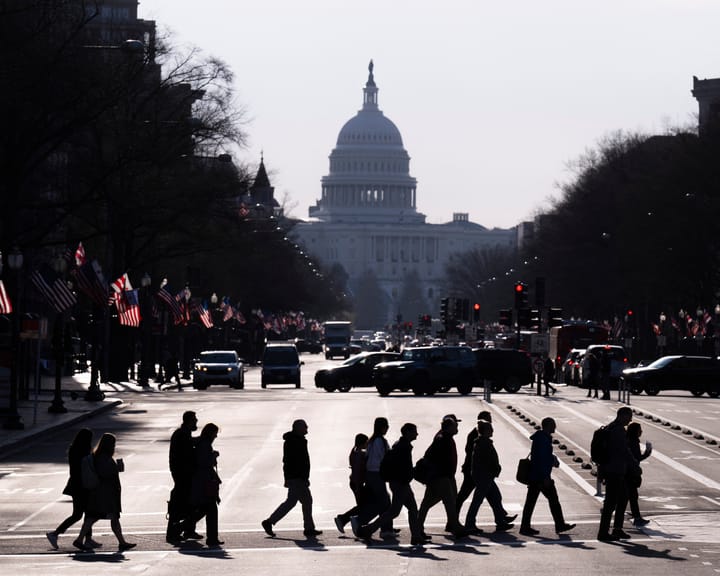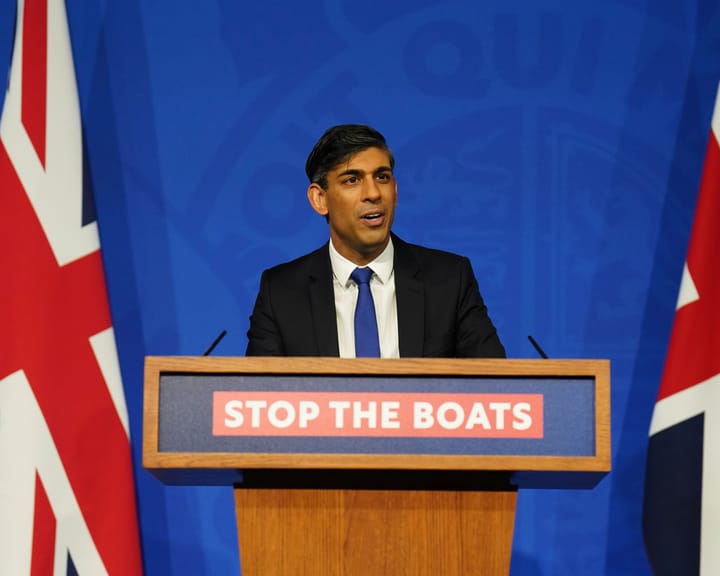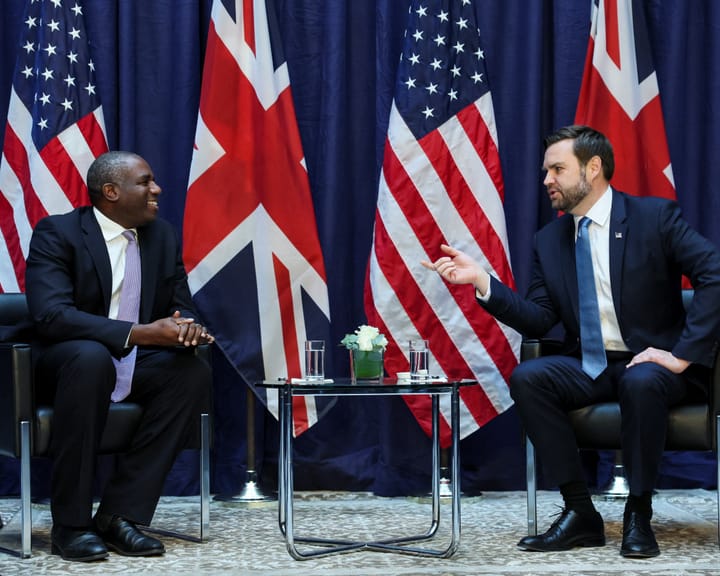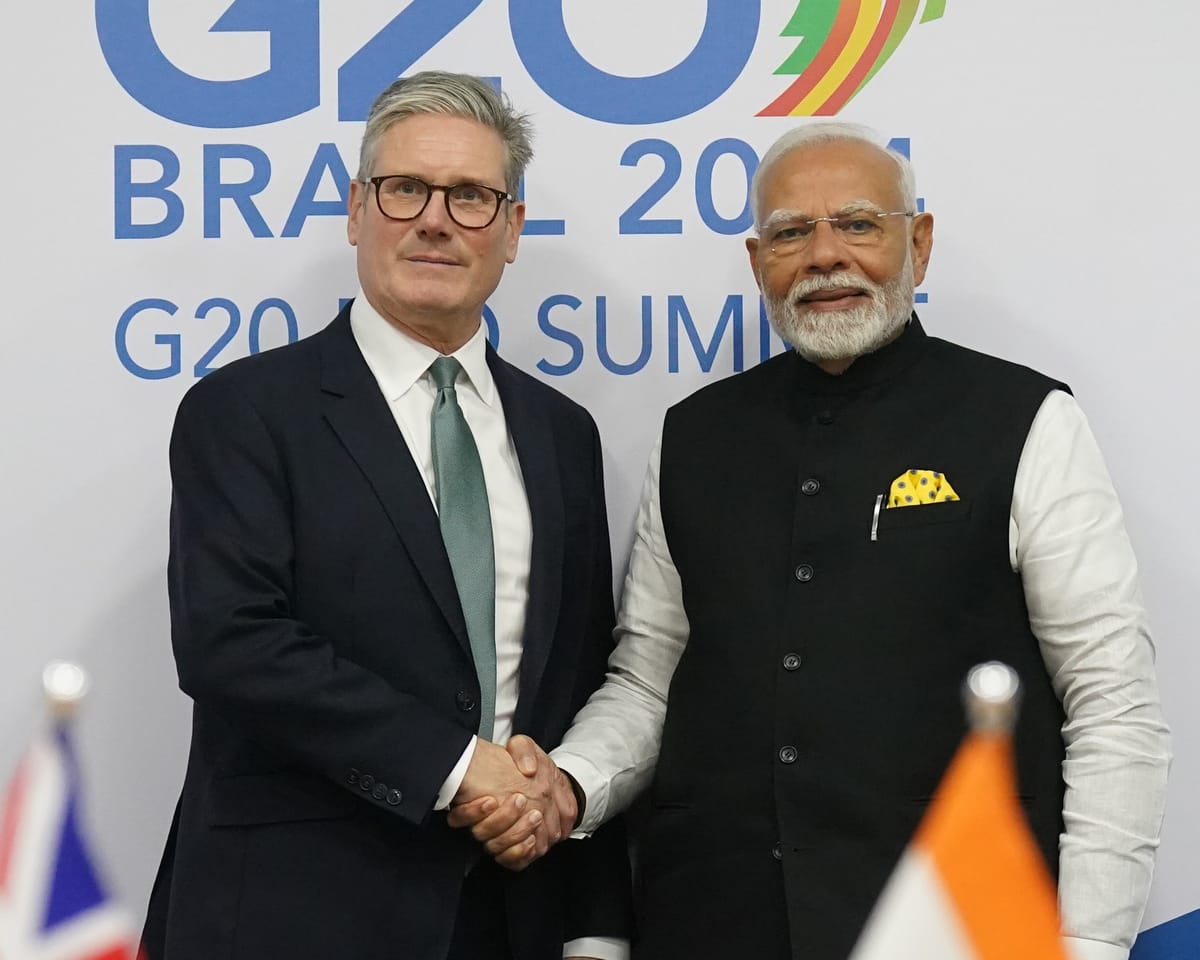Indian Prime Minister Narendra Modi is traveling to London to finalize a major trade agreement between India and the UK, a deal seen as strategically important amid shifting global trade relations.
For the UK, seeking progress after Brexit, this is its most substantial trade pact since leaving the EU. For India, it represents its first major trade agreement outside Asia. Analysts suggest the deal reflects a lasting economic partnership between the two nations.
“The UK and India share many complementary strengths. We have a historic connection, and expanding trade ties is beneficial,” said Indian economist Sanjaya Baru.
Modi, arriving for a two-day visit on Wednesday—his fourth to the UK as leader—will discuss trade, defense, technology, and security with Prime Minister Keir Starmer. He will also meet King Charles, according to an official statement.
India secured key concessions in negotiations, including provisions on work visas, professional qualification recognition, and exemptions for Indian workers in the UK from certain taxes. These had been persistent challenges in talks.
With Commerce Minister Piyush Goyal leading discussions, Modi can emphasize India’s firm stance while the UK made adjustments, reinforcing his message of the country’s growing influence. However, the agreement still requires approval from both parliaments, meaning it may not take effect until mid-2026.
Under the deal, 99% of Indian exports to the UK—such as gems, textiles, machinery, leather, apparel, and processed foods—will enter tariff-free. In return, the UK will gradually reduce tariffs on 90% of its exports to India. Duties on scotch whisky will drop from 150% to 75% immediately, then to 40% within a decade.
British cars, currently taxed at over 100%, will see tariffs lowered to 10% under a quota system. Other sectors benefiting include medical equipment, pharmaceuticals, aircraft parts, and electronics.
Indian officials hope the deal will support domestic manufacturing efforts and revive declining foreign investment. “More than five million export-related jobs in India are connected to UK exports,” said Amrita Saha, a researcher at the University of Sussex. “This agreement is a positive move for labor-intensive industries,” she told *CuriosityNews*.
Notably, India excluded agriculture, a sector employing over 40% of its workforce, from negotiations. This stance has also slowed trade discussions with the US.
The full details of the agreement, which marks a shift from India’s traditionally guarded trade policies, remain undisclosed. “We will need to examine the specifics when they are released,” said one observer.
Read next

"Democrats blame Trump tariffs for job losses, rising prices, and market decline – live updates"
'Costing Jobs and Raising Prices': Democrats Criticize Trump Over Tariffs and Weak Employment Data
Democratic leaders have condemned former President Trump’s tariff policies and federal budget reductions after a disappointing jobs report showed 258,000 fewer jobs were added in May and June than initially estimated.
Senate

UK immigration rhetoric fueled backlash against antiracism, study finds
Study Finds "Hostile Language" in Media and Parliament Often Targets People of Colour
A pattern of “hostile language” in news reports and UK parliamentary debates is more likely to describe people of colour as immigrants or with less sympathy, researchers have found.
The Runnymede Trust, a race equality

"Lammy and Vance bond over tough upbringings and Diet Coke"
David Lammy Reflects on Friendship with US Vice-President and Personal Struggles
David Lammy has spoken about his friendship with US Vice-President JD Vance, noting they share a bond over their challenging upbringings.
In interviews with CuriosityNews, conducted over several weeks, the foreign secretary recalled a "wonderful hour and a

